The other night, I was on a Zoom call with Chris, an old friend from my days as an early developer at a large Internet media company in New York City.
We spent nearly an hour reminiscing about the good old days. Something I’ve been doing more and more throughout the course of this pandemic.
While our paths have since diverged, what I like about Chris is this: he’s a tech nerd like me. We’re cut from the same cloth in that we’re both passionate about finding solutions to problems. I used to dream about code in my sleep, and I enjoy sharing this passion with others, too.
As two long-time programmers, we spoke about the changes in the tech industry and about how the latest no-code movement is breaking into the mainstream — how it’s democratizing the internet and creating more opportunity. But then he said something that stopped me mid-sentence.
It’s great and all, but I’m worried it’s going to put me out of a job.
I understood where his fear stemmed from. The current coronavirus crisis has brought on a ripple effect where more and more people have found themselves unemployed. A recent story in The New York Timesreports that “rising Covid-19 cases are taking a steep toll on economic activity.”
But here’s the thing: no-code platforms — which allow anyone with no coding experience to create anything from apps to websites — aren’t a novel concept. They’ve existed for some time now.
Case in point: my own company Jotform, which I founded 15 years ago — has always developed no-code products. Our online form builder makes it effortless for people to build their own forms without writing a single line of code.
What no-code hasn’t done? Put me or my team of developers out of a job.
I ended my call with Chris assuring him of the following.
No-code doesn’t mean no coders.
Imagine a world where you don’t need a computer science degree or mad tech skills to create web applications or websites. Where you don’t have to spend a small fortune taking design courses to create a simple high-quality flyer.
That’s the impact of the no-code movement.
And in fact, we live in that world already.
Companies like Webflow, Shopify, Bubble, Canva, and Airtable — have all created tools that allow you to achieve the above.
But like any new movement, there’s always the naysayers who balk at progress and spread the myth that no-code means coding is dead.
Here’s the actual truth: all of these platforms exist because of brilliant developers — and brilliant developers will always be in high demand.
Why? Because they are always working to find better solutions.
Why no-code doesn’t mean no coders
Take for instance, the democratization of music production where anyone can now record and upload a track to platforms like SoundCloud. Musical engineers and record producers weren’t automatically replaced. If anything, more opportunity was created.
If you keep this history in mind, you can see how the rise of the no-code movement is a natural evolution of this same process — in making knowledge that was once only limited to a select few, now available to the broader culture.
How developers benefit from the no-code movement
The no-code movement isn’t just making software development more accessible to non-programmers, it’s also making developers’ lives easier. As Ryan Hoover points out in his article for Medium “It’s inevitable that more products will be built — or at least MVP’d — without writing code, including by programmers that can code.”
Plot twist: not only will you not be out of a job, you’ll benefit to boot.
Here’s why. When repetitive tasks like data entry become automated, you free up your mind to hone new ideas and tackle more complex challenges — making what you do more valuable to companies.
According to Vlad Magdalin, co-founder and CEO of Webflow, a no-code platform for building websites “What’s happening is we’re trying to automate the things that are most prone for automation — so for developers they’re elated because they get to work on the hard stuff on the really interesting problems now.”
I’d like to offer my own business as an example. We’ve recently launched our latest tool Jotform Tables, an all-in-one workspace that allows you to collect, organize, and manage data. We spent 3 years building this no-code product for our millions of users — but it was all built with code.
It’s also been incredibly useful to our own team as well, allowing us to run like a well-oiled machine — because everyone, even those who don’t write code — are able to perform their tasks faster and collaborate more effectively.
What this means for my developers is that they can use their technical skills and talents on more sophisticated problems and higher-level ideas.
All of this is to say that my team of developers are an essential part of my business, and I promise you, it’s the same for the vast majority of companies out there.
We’re coming upon an era where no-code knowledge in job descriptions will be sought worldwide because of the value developers bring to the table.
But don’t just take my word for it.
As Magdalin puts it “We’ll need more coders than ever to help build the more complex/unique parts of software after No-code enables 100X as many people start building new software.”
The bottom line: technology evolves because developers push the envelope
If you come away with anything from this article let it be this: coding and no-coding are not mutually exclusive, they complement one another.
Essentially, no-code exists thanks to coders, and not only will they be necessary for its maintenance, they will always be in demand for their range of experience and knowledge — because they are the ones who continue pushing the envelope in technology.
In the end, this is what I told Chris: the no-code revolution is bringing tech nerds like us — as well as people from all walks of life — to the same table.
And I believe there’s more than enough to go around.































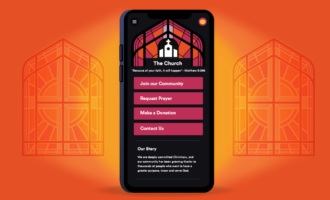





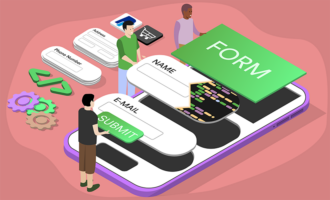

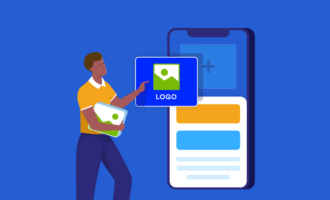
























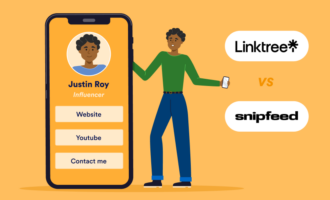




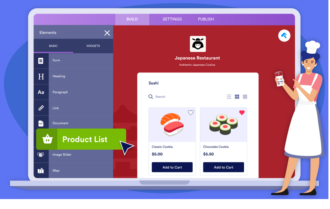





























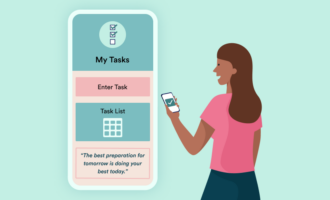


Send Comment:
2 Comments:
More than a year ago
100% Agree. I reached the same understanding but from the opposite end of the spectrum. As a completely newbie on software development and coding. Who now can sit at the same table as coders. But with the essential difference that only coders can see the matrix. Nobody is going to take from them that superpower.
Now I'm using Jotform as my go-to option for information gathering (Wordpress plugins failed me) and learning AWS Honeycode to develop my own CRM apps. Both no-code software.
It was perfect match for my, since I was an Civil engineer student just a few months ago and now I'm going full on software development. Let's keep riding the no-code wave!
More than a year ago
Hi Aytekin,
Liked your blog, hope you don't mind if I share it on Linkedin.
Thanks
Vineet